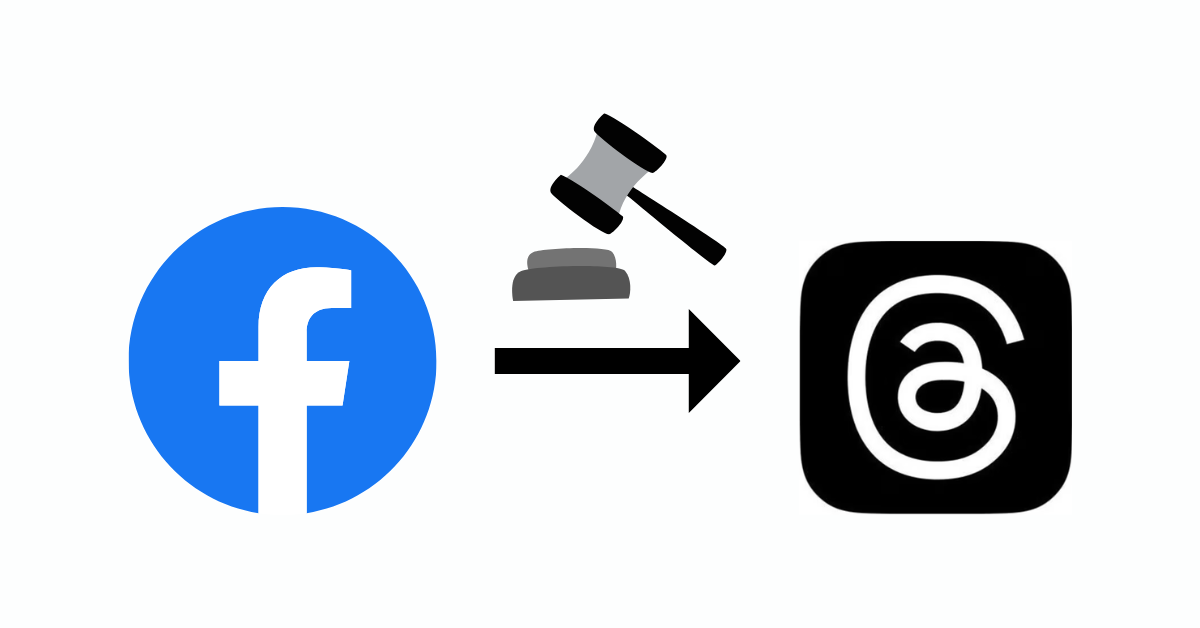Meta Platforms Inc., the parent company of Facebook, is facing a precarious situation in Europe after the release of its Twitter competitor, Threads.
—
Twitter vs Threads vs Regulators
On one hand, the timing seems perfect to capitalise on concerns over Elon Musk’s management of Twitter. On the other hand, it coincides with the impending launch of a new European Union (EU) law that directly challenges Meta’s revenue-generating methods.
While Chief Executive Officer Mark Zuckerberg has successfully introduced Threads in numerous countries, amassing over 10 million users within seven hours, the app is conspicuously absent from EU member states like France, Germany, Italy, and Belgium. This absence is primarily due to Meta’s knowledge that EU regulators will likely disapprove of the app’s handling of personal information, not because of the relatively weakly enforced General Data Protection Regulation.
The impending Digital Markets Act (DMA), a new antitrust law, is the real reason behind Meta’s delay in launching Threads in Europe. Meta requires further guidance from EU officials on how to comply with the DMA, which has broader implications for the company beyond the delayed app release.
The link between antitrust and privacy has grown stronger in the EU. EU regulators now view privacy infringements as a form of consumer harm, a perspective not widely shared in the United States. The DMA stipulates that major online companies, designated as gatekeepers, cannot combine personal data from their platforms with data from other platforms or third-party services without explicit consumer consent.
This rule poses a significant threat to Meta since approximately 98% of its revenue comes from advertising, which relies on compiling personal data from various external sources.
—
What’s next
Over the next six months, Meta will engage in negotiations with EU officials to achieve compliance with the DMA. One key aspect will be providing consumers with a choice regarding the combination of their data for advertising purposes. The way Meta offers this choice will greatly impact its financial performance, as demonstrated by Facebook’s estimated $14.5 billion loss resulting from Apple’s privacy update.
German antitrust regulators have been pressuring Meta to redesign its apps to include a choice for users regarding data combination. The regulators praised Meta’s initial steps but deemed the provided information to users as insufficient. Meta’s proposed solution is an “accounts centre” where Facebook and Instagram users can consent to data harvesting and combination, although it still requires regulatory approval.
The crucial question is whether Meta will implement a pop-up notification on users’ phones similar to Apple’s privacy update. Such a choice could have far-reaching consequences. However, Meta is likely to resist this approach due to both German antitrust regulators and the impending EU law. The recent ruling from the European Court of Justice in favor of the German regulator further limits Meta’s options.
—
The challenges faced by Meta in Europe indicate that doing business in the EU is becoming increasingly difficult. The setback encountered by Threads is just a glimpse of the obstacles lying ahead for the company.
If you are looking to build a team that know their way around software and data in Germany, you need specialists with experience. That is what PL Talents offers. Contact one of our experts today.

